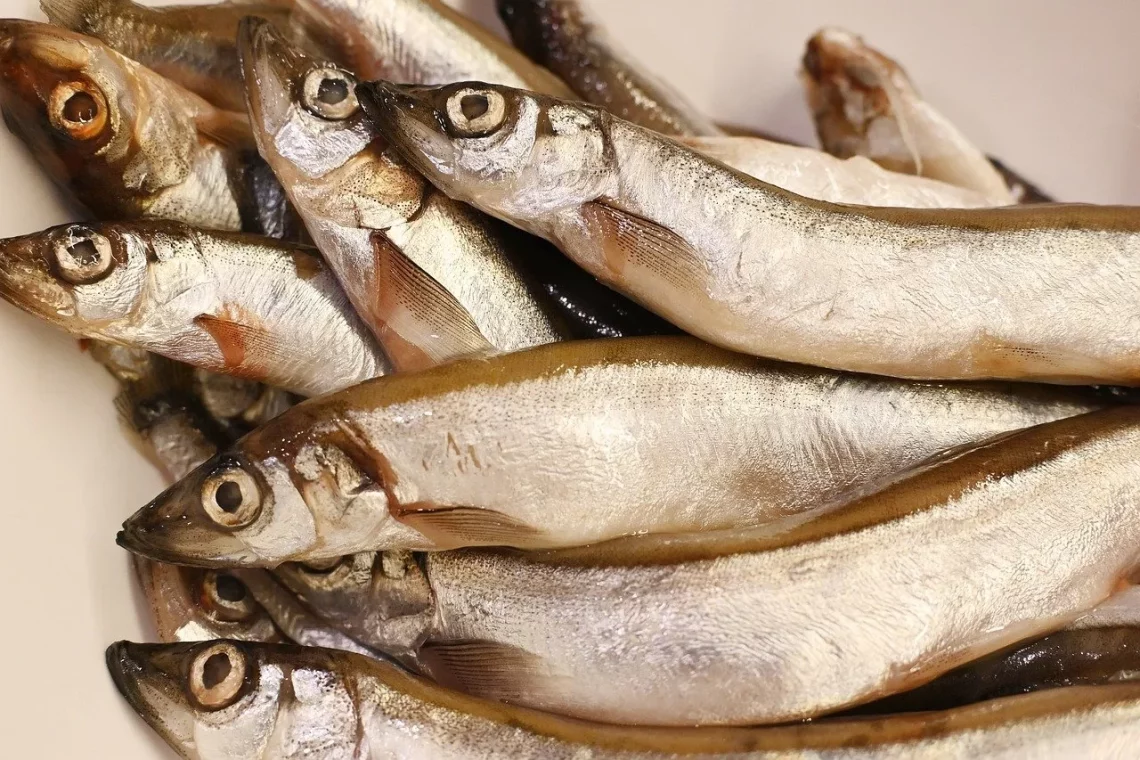-
Do Fish Pass Gas and Other Surprising Facts About Aquatic Life
Aquatic life is a realm filled with mystery and wonder, captivating the imaginations of scientists and enthusiasts alike. The oceans, rivers, and lakes are home to a diverse array of species, each exhibiting unique behaviors and adaptations that have evolved over millions of years. As we delve deeper into the aquatic world, we uncover an intricate web of life that challenges our understanding of biology and ecology. Fish, for instance, are often seen as simple organisms, but they possess complex physiological systems that allow them to thrive in various environments. From the depths of the Mariana Trench to the shallow shores of coral reefs, fish have adapted in remarkable ways.…
-
Fish Obsessed Mount: Exploring the Fascinating World of Aquatic Enthusiasm
The allure of aquatic life has captivated humans for centuries, drawing them into a world that is as enchanting as it is complex. From the vibrant hues of coral reefs to the serene depths of freshwater lakes, the aquatic realm is a treasure trove of biodiversity and beauty. Our fascination with fish and other aquatic organisms goes beyond mere observation; it often evolves into a passionate pursuit, leading individuals to dive deeper into the science, conservation, and enjoyment of these creatures. Aquarium enthusiasts, hobbyist fish breeders, and conservationists alike share a common thread of curiosity that fuels their dedication. The intricate behaviors, stunning colors, and unique adaptations of aquatic species…
-
The Surprising Benefits of Fish Waste in Aquatic Ecosystems
Fish waste, often viewed as a nuisance or an environmental burden, plays a surprisingly vital role in aquatic ecosystems. This organic material, which includes excretions, uneaten food, and decomposing fish, serves as a rich source of nutrients that supports a myriad of life forms in aquatic environments. From the smallest microorganisms to larger predators, fish waste contributes to the intricate web of life beneath the water’s surface. In many ecosystems, the decomposition of fish waste is facilitated by bacteria and other detritivores, which break down the material into simpler compounds. This process not only recycles nutrients but also enhances water quality, promoting a healthier environment for aquatic organisms. The role…











